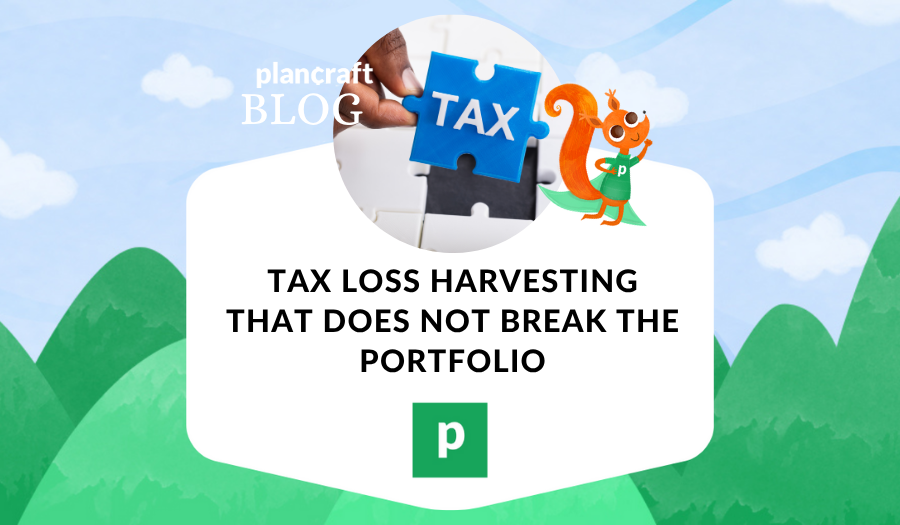In an era where every investment has the potential to be scrutinized under the lens of social responsibility, ethical investing isn't just a trend—it's a fundamental shift in how portfolios are constructed and capital is allocated. Here's a comprehensive exploration of balancing profit with principles in the modern investment landscape.
What is Ethical Investing?
Ethical investing refers to the practice of using one's ethical principles as the primary filter for the selection of investment portfolios. This approach considers financial return and social/environmental good to bring about a positive change. It falls under a broader category known as socially responsible investing (SRI), which includes sustainable and impact investing.
Why Ethical Investing Matters
The rise of ethical investing mirrors a growing awareness that money can speak the language of moral values. As consumers become more conscious about where they put their money, businesses and funds that prioritize ethical standards in operations, governance, and environmental impact are increasingly favored.
How to Practice Ethical Investing
1. Screening and Selection: Ethical investors screen potential investments based on specific criteria such as environmental responsibility, social justice, and corporate governance. Negative screens exclude sectors like tobacco, firearms, and fossil fuels, while positive screens focus on companies advancing renewable energy, social justice, and ethical labor practices.
2. Shareholder Advocacy: Investors can use their stakes in a company to promote ethical practices by submitting proposals for improved governance, fairer labor practices, or environmental responsibility at shareholder meetings.
3. Community Investing: This allows investors to put their money directly into community-based organizations that have a social benefit, providing capital for low-income housing projects or small businesses in economically disadvantaged areas.
Challenges of Ethical Investing
Balancing ethical considerations with financial performance is challenging. Critics argue that limiting investment opportunities may result in lower returns. However, evidence suggests that ethical funds can compete on performance with more traditional investments. The key challenge remains: measuring the tangible impact of ethical investments can be difficult, requiring ongoing diligence and adjustment of strategies.
Tools and Resources for Ethical Investors
Several indices and funds focus on ethical and sustainable practices, such as the Dow Jones Sustainability Index and the MSCI Global Socially Responsible Indices. Tools like ESG (Environmental, Social, and Governance) ratings also help investors assess potential investments' ethical implications.
Case Studies: Success Stories in Ethical Investing
Many ethical investment funds have outperformed their benchmarks, providing compelling evidence that ethical investing can be both morally satisfying and profitable. Companies like Tesla have dramatically benefited from this trend, as investors are eager to support businesses contributing to sustainable energy.
Conclusion
Ethical investing represents a powerful intersection of wealth generation and value-driven investment choices. As this approach continues to evolve, it offers a promising path for investors looking to make a difference with their dollars without sacrificing performance.
By adopting ethical investment strategies, investors do not just aim to avoid harm; they actively seek to do good, proving that it is indeed possible to balance profit with principles.









